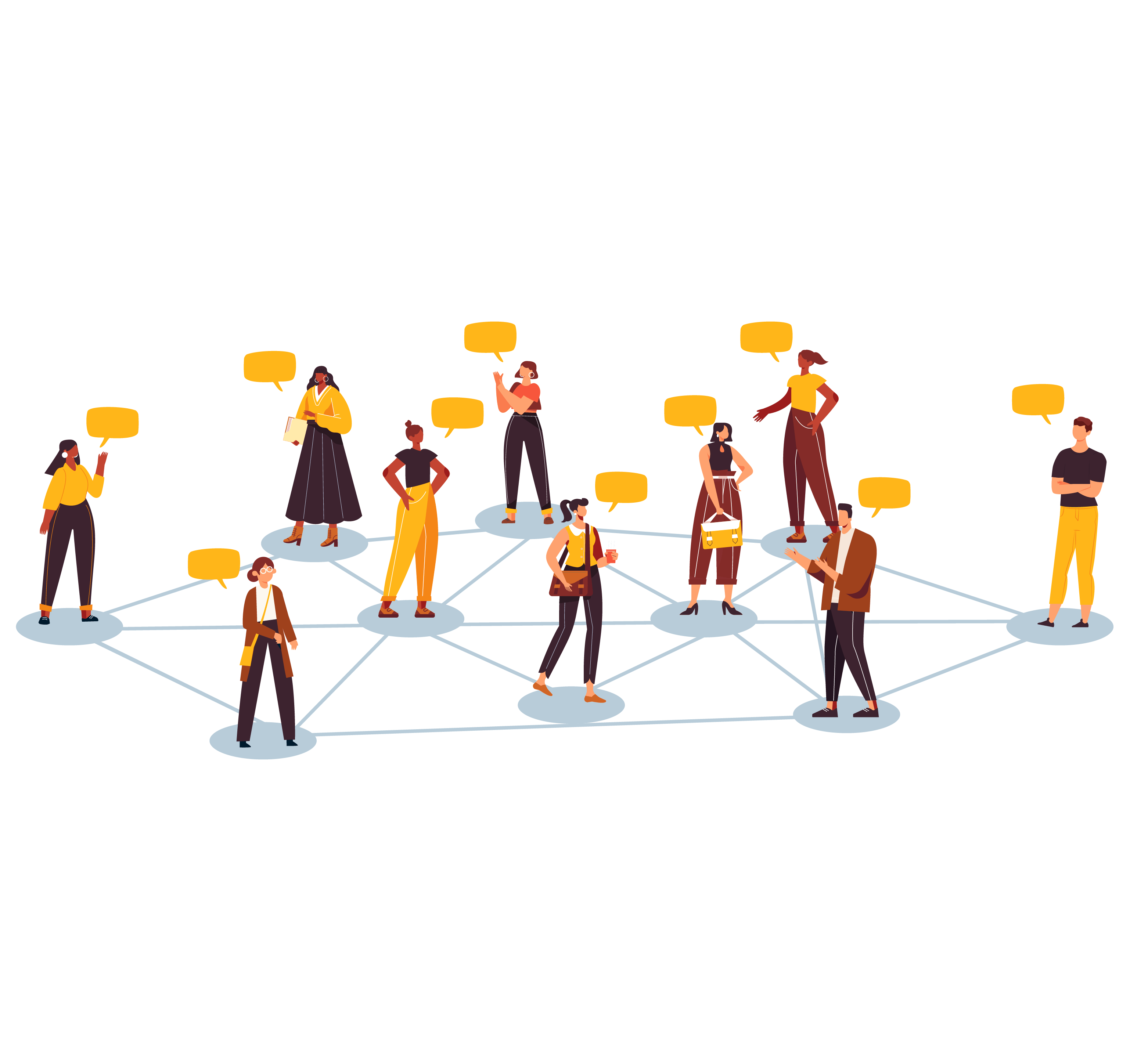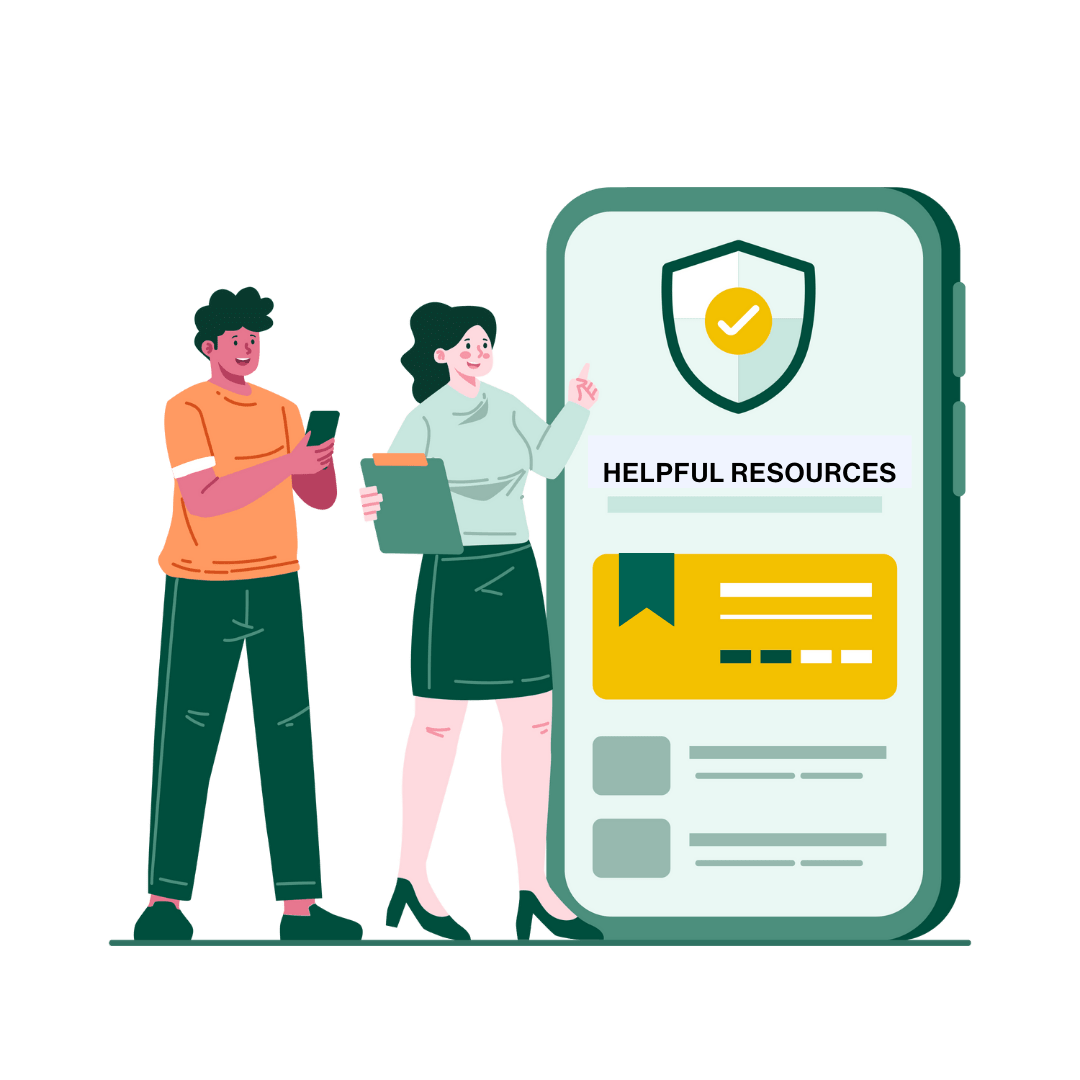A strong Social Network is Essential!
Strong social networks make life easier and happier. When study/work gets busy, connection is often the first thing we drop—yet it’s the habit that keeps motivation high, stress lower, and opportunities flowing.

- Better mood & resilience when study/work ramps up.
- Faster problem-solving via people who’ve “been there”.
- Hidden opportunities: mentors, referrals, accountability partners.
Connection beats burnout
When you’re overwhelmed, the instinct is to hunker down and delay social time. Counter-intuitively, a short connection (5–20 minutes) often boosts motivation, reduces stress, and improves follow-through on study goals.
- Micro-socials work: a voice note, quick walk, or 15-min coffee can reset your focus.
- Mix your network: a study buddy, a cheerleader friend, and a mentor cover different needs.
- Schedule first, decide later: put two light check-ins in the calendar; you can always adjust.

Tips for building a strong support network
- Commit to one social touch each week. Coffee with a friend, study group, or a quick call.
- Use tech smartly: Face-to-face is great, but texts, DMs, and voice notes keep momentum between meetups.
- Follow your interests: classes, clubs, volunteering—shared purpose accelerates friendship.
- Join our online study groups to connect with students in the same course.
- Different friends, different roles: colleague for work hurdles, another parent for kids’ juggle, mentor for career moves.
- Ask for help: awkward for 10 seconds; helpful thereafter.
- Be there first: a quick “thinking of you” makes it easier to ask when you need support.
- Find formal support for tough seasons—community centres, Citizens Advice, migrant/refugee groups.

Support-Map Builder
List your go-to people and how often you’d like to connect. We’ll turn it into a weekly touch plan.
Reach-out Message Generator
SMART Social Goal (with calendar file)
Helpful resources
- TCA Career Centre — connect with peers, tutors, and career support.
- Beyond Blue — mental health support and tips for staying connected.
- Lifeline — crisis support. If you or someone else is in danger, call emergency services right away.
- Head to Health — Australian resources and local services.
- Citizens Advice Bureau (WA) — community information & referrals.
Online information isn’t a substitute for professional care. If you’re struggling, reach out to a qualified health professional.

Make connection a study skill.
Use the tools above, then jump into our study groups to meet people on the same journey.


